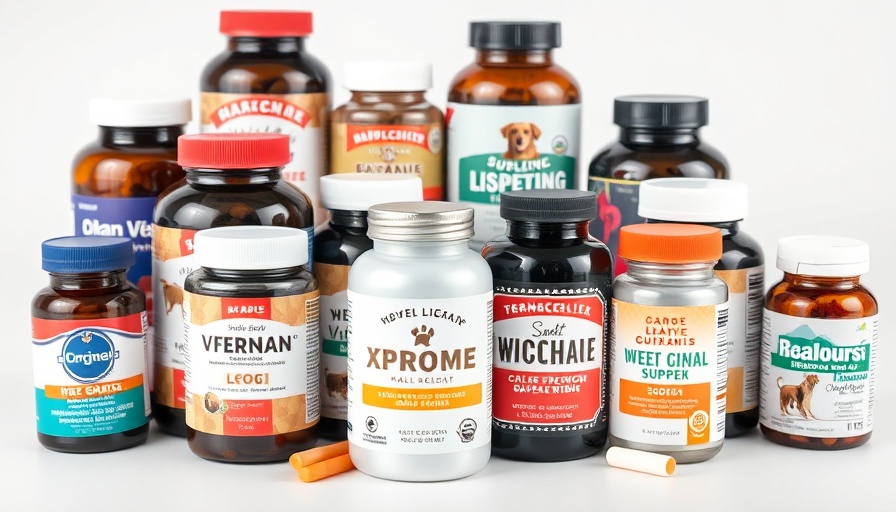
Are Vegetables Beneficial for Dogs?
Just like humans, dogs need a variety of nutrients to maintain health and vitality. While conventional wisdom often leans towards a meat-heavy diet for canines, incorporating vegetables can be a game changer. Understanding which vegetables suit your dog’s unique needs can enhance their overall well-being.
The Nutritional Powerhouse of Vegetables
Vegetables are rich in essential nutrients, fiber, and antioxidants—elements that can help your dog thrive. They may even provide health improvements that go beyond basic nutrition:
Digestive Health: Vegetables play a vital role in aiding dog digestion, functioning like natural prebiotics that promote a balanced gut flora.
Immune Support: The vitamins and antioxidants found in vegetables can enhance your dog’s immune system, helping them fend off sickness.
How Much Is Enough?
The quantity of vegetables that should be included in your dog’s meals largely depends on their overall diet and health status. A general guideline suggests:
Raw or Cooked Diet: Aim for 10-30% of their food to consist of vegetables.
Kibble Diet: Mix in 10-30% of vegetables with their kibble, ideally complemented by fresh or cooked proteins.
Balancing your dog's vegetable intake over the course of a week instead of trying to be perfect every day is a good strategy.
Why Some Dogs Turn Their Noses Up
It’s not uncommon for dogs to show disinterest in vegetables. This aversion can stem from several factors:
Texture and taste preference
Past food associations
To increase acceptance, try mixing vegetables with their favorite treats or moistening dry food.
Which Vegetables Are Safe and Healthy?
There are numerous vegetables that can be safely introduced into your dog’s diet. Some of the best options include:
Cucumbers: Low in calories and high in hydration.
Carrots: Great for dental health and a source of beta-carotene.
Green Beans: High in fiber and can help with weight management.
Peas: A good source of vitamins A, B, and K, making them nutritious for dogs.
It's important to introduce these foods gradually and monitor your dog's reactions.
Vegetables to Avoid
Not all vegetables are safe for dogs. It’s crucial to avoid:
Onions, Garlic, and Chives: Can be toxic and lead to serious health issues.
Potatoes: High-starch vegetables can cause digestive upset if not cooked properly.
Avocado: Should only be given in moderation, avoiding the skin and pit.
Building a Nutrient-Rich Meal
For optimal nutrition, consider blending different vegetables to provide a spectrum of benefits. Vegetables can enhance your dog's meals and offer diversity to their diet, satisfying their nutritional needs while keeping them interested in their food.
The Importance of Gradual Introduction
When adding vegetables to your dog's diet, proceed cautiously. Start with small amounts and adjust based on their tolerance. Consulting your veterinarian about the best approach ensures a safe and beneficial dietary addition.
In Short: A Balanced Approach to Canine Nutrition
Incorporating vegetables into your dog's diet can be an excellent way to enhance their overall health. With proper knowledge of which types to choose and how much to serve, you'll be paving the way for a happier, healthier furry friend.
So why not start thriving alongside your pup? Share your dog’s veggie journey on social media! Each paw print counts towards making them healthier!
 Add Row
Add Row  Add
Add 




Write A Comment